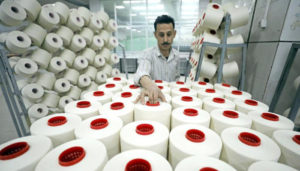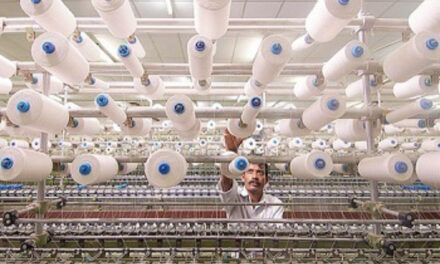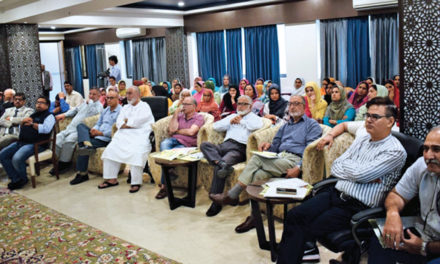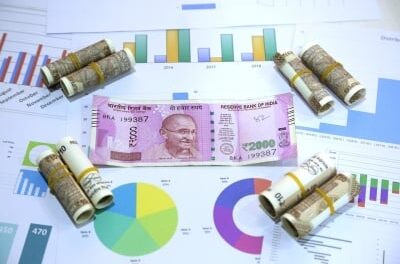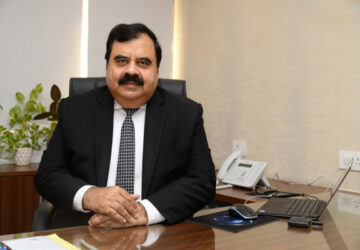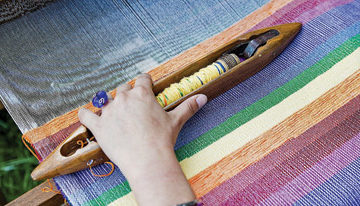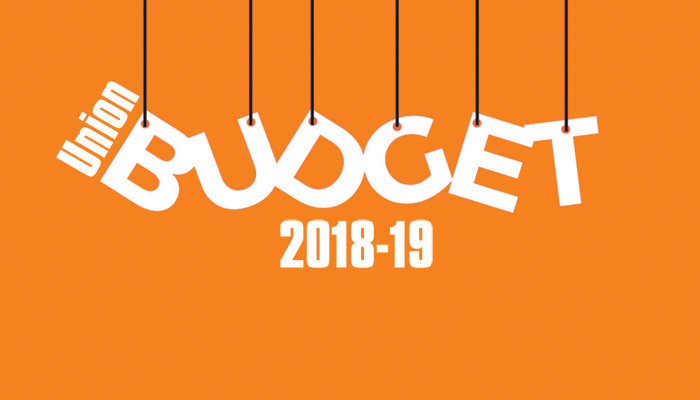Egypt recently initiated an ambitious plan to upgrade the public-sector spinning and weaving industry within four years at a cost of LE25 bn. The plan includes developing the infrastructure of the companies, procuring advanced machines from Germany and Italy and training workers to use the equipment, according to Public Enterprise Minister Hisham Tawfik.
The aim is to eliminate the losses of the companies, estimated at LE2.7 bn in 2018, and turning those into profits of LE3 bn within four years, Tawfik said. Thirty two companies affiliated to the Holding Company for Spinning and Weaving will be merged to form 10 large companies while changing three of them, Mahalla, Kafr Al-Dawar, and Helwan, into integrated giant complexes.
The plan also involves reviving cotton cultivation by increasing export of finished products rather than depending on exporting raw cotton, allowing the industry to benefit from higher added value, according to a report. Amr Nassar, Minister of industry and foreign trade, said the government is giving priority to promoting the textiles sector not only by developing the public-sector companies but also by attracting foreign investment in the sector.
The public-sector companies have long posted losses due to high production costs, debt to governmental agencies and the lack of a qualified labour force. Factories and machines have not been upgraded for decades. According to an anonymous former government official quoted in the report, it is not clear if the government would use Egyptian cotton in the factories. If Egyptian long-staple cotton is to be used to produce readymade garments, these products will be difficult to market as they will be expensive and global demand for such high-quality goods is limited, he said. The exports of the public spinning and weaving companies currently comprise 12 per cent of total exports.


